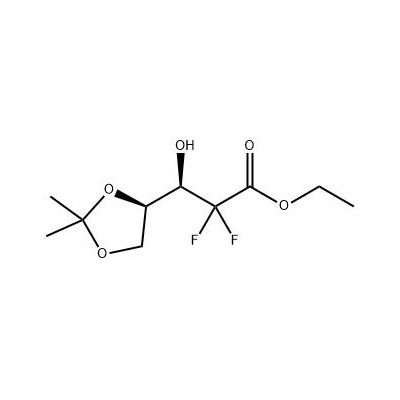What Makes Pharmaceutical Intermediates Essential in Modern Medicine?
2024-12-19
Pharmaceutical intermediates play a critical yet often overlooked role in the development of life-saving medicines. But what exactly are they, and why are they so important in modern medicine? Let’s dive into this fascinating topic to understand their significance and how they contribute to the pharmaceutical industry.
What Are Pharmaceutical Intermediates?
Pharmaceutical intermediates are chemical compounds that serve as precursors in the production of active pharmaceutical ingredients (APIs). These compounds undergo various chemical processes and transformations before becoming the active component of a drug. Without intermediates, the complex synthesis of many APIs would be nearly impossible.
Why Are They Crucial for Drug Development?
Building Blocks of APIs
Pharmaceutical intermediates provide the foundational structure for APIs. Their synthesis enables researchers to create highly specific molecules designed to target particular diseases.
Cost-Effective Production
By manufacturing intermediates in large quantities, pharmaceutical companies reduce the cost and time required for drug production. This efficiency is vital for keeping medicine affordable and accessible.
Quality and Safety Assurance
High-quality intermediates ensure the purity and efficacy of the final pharmaceutical products. Regulatory bodies often mandate rigorous testing of intermediates to guarantee safety throughout the supply chain.
Innovation in Drug Discovery
Advances in intermediate synthesis have led to the development of new drug classes, expanding treatment options for conditions like cancer, autoimmune disorders, and infectious diseases.
How Are Pharmaceutical Intermediates Manufactured?
The production of pharmaceutical intermediates involves advanced chemical engineering and strict adherence to Good Manufacturing Practices (GMP). Key steps include:
- Chemical Synthesis: Creating the compound through complex chemical reactions.
- Purification: Ensuring the intermediate is free from impurities that could affect the final drug.
- Quality Control: Testing for consistency and compliance with regulatory standards.
What Challenges Do Manufacturers Face?
Despite their importance, producing pharmaceutical intermediates is not without challenges:
- Regulatory Compliance: Adhering to strict international standards can be resource-intensive.
- Supply Chain Management: Ensuring a steady supply of raw materials is critical to avoid production delays.
- Technological Advancements: Keeping up with innovations to improve efficiency and reduce environmental impact.
How Do Pharmaceutical Intermediates Shape the Future of Medicine?
The role of pharmaceutical intermediates is set to grow with the rise of personalized medicine and biotechnology. Custom-tailored intermediates are enabling the creation of drugs designed for individual genetic profiles, pushing the boundaries of what medicine can achieve.
In conclusion, pharmaceutical intermediates are the unsung heroes of modern medicine. By bridging the gap between raw materials and finished drugs, they enable the creation of innovative treatments that improve and save lives. Next time you think about the medicine in your cabinet, consider the intricate journey of intermediates that made it possible.



